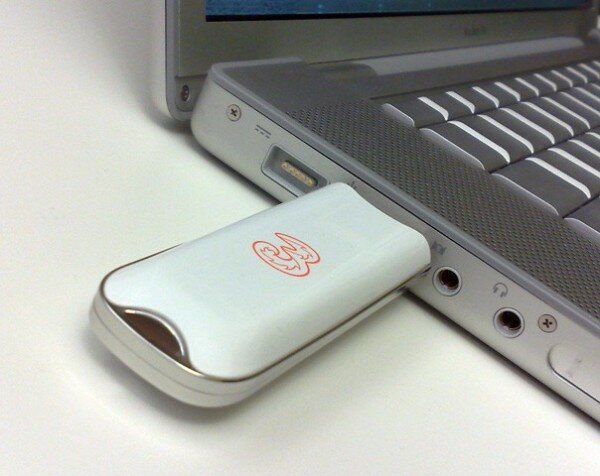
Huawei has announced several initiatives geared towards bridging the digital divide in South Africa through empowering schools and communities by providing equipment necessary for running cyber labs.
In one initiative, Huawei South Africa will equip cyber labs in three schools with 30 Huawei MediaPads, 3G routers, a server, 3G data card and data bundle cards valid for a year.
The project is an initiative of the Department of Communications (DoC) and will see schools from the Eastern Cape and Limpopo regions benefit from the equipment.
Huawei will also partner with Neotel in another initiative and sponsor a competition aimed at stimulating interest amongst girls wishing to venture into the ICT industry.
Winners of the competition will win prizes worth ZAR200,000 (US$19,500) comprising of ICT laboratory and e-class solutions including interactive boards, projectors, LCD screens, routers and other related equipment.
Speaking during the Day of the African Child last week, chief executive officer (CEO) of Huawei Technologies in South Africa, Wilson Liu said the company was committed to the advancement of the broadband agenda urging for co-operation between the government and the private sector.
“Our commitment as a global ICT leader to continue cooperating with our local partners to support connectivity is now more than ever unwavering with the advancement of the broadband agenda by the South African government,” said Liu.
“At the 21 century every school, and every scholar in South Africa has a right to be connected, as the country is an ICT hub in the region. This can only be made possible through strategic partnerships between both private and public sectors in the country.”
Provision of ICT to learning institutions is among the targets set by world leaders at the World Summit on the Information Society (WSIS) and currently a number of initiatives are ongoing mostly being spearheaded by the International Telecommunications Union (ITU).
The initiatives include Connect a School and Connect a Community, which promote the connectivity of broadband internet connectivity to schools in developing countries.


















